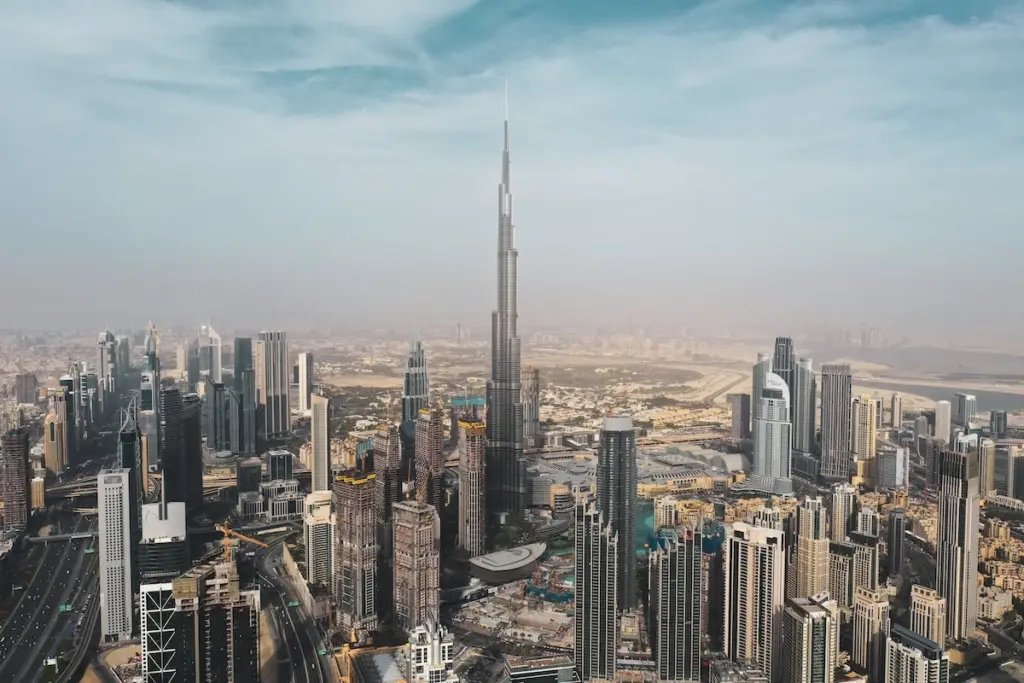In a standout performance, Dubai’s prime residential market soared by 17.4% in 2023, outpacing the global city average of 2.2% growth, as reported by Savills. This remarkable growth positions Dubai and Sydney as the leading cities for prime residential property growth in the upcoming year, driven by their expanding affluent populations.
Savills projects a continued growth trajectory for Dubai, with anticipated increases of 4%– 5.9% in 2024. Additionally, Dubai experienced a rental growth rate just shy of 10%, significantly above the 5.1% average seen in other major cities worldwide.
With a 17.4% increase in capital values, Dubai’s prime residential market significantly outperformed the global average. This growth, particularly robust in the first half of the year, showcases Dubai’s dominance in the sector. Despite a global average growth of 2.2%, Dubai’s market remains competitively priced at $850 per square foot, offering
attractive benefits such as a low cost of living, easy visa processes, and a warm climate, attracting both international and local buyers.
While Dubai shines, other Asia-Pacific cities, with Mumbai at the forefront, also saw
substantial growth. However, cities like New York and San Francisco experienced declines amid economic and sector-specific challenges. Hong Kong’s market was notably affected by its political and economic instability, with a 3.7% decrease in capital values over the year.
Savills anticipates a modest overall growth of 0.6% across the 30 cities surveyed in 2024, a slight dip from the 2.2% in 2023. “The prime residential markets witnessed a slowdown in 2023 after years of significant gains, with expectations of continued but modest growth amidst economic uncertainties and higher interest rates,” stated Kelcie Sellers, Associate at Savills World Research.
Dubai’s and Sydney’s prime markets are expected to outperform others in 2024, buoyed by increasing high-net-worth populations and demand. Sydney faces a supply shortage, likely inflating prices further, while Dubai’s growth, though slowing, remains strong due to its appeal as a top lifestyle destination, bolstered by government visa reforms and high- quality developments.
Andrew Cummings of Savills Middle East highlighted Dubai’s appeal, emphasising its world-class infrastructure, safety, and security, which, alongside visa reforms, supports strong market demand.
Despite these bright spots, prime residential markets in cities like Los Angeles, New York, and London are predicted to face declines due to economic pressures and rising interest rates.
Sellers also noted the impact of global political events and potential interest rate cuts on the housing market, suggesting a possible boost in activity and pricing in late 2024.
Rental markets also reflected resilience, with Dubai posting nearly a 10% increase in
rental prices, standing out against a global backdrop of robust rental market performance, particularly in Lisbon, which led with a 39% increase.
Dubai also offers attractive investment yields of 4.8% with low transaction costs, further underscoring its position in the global prime residential market.
